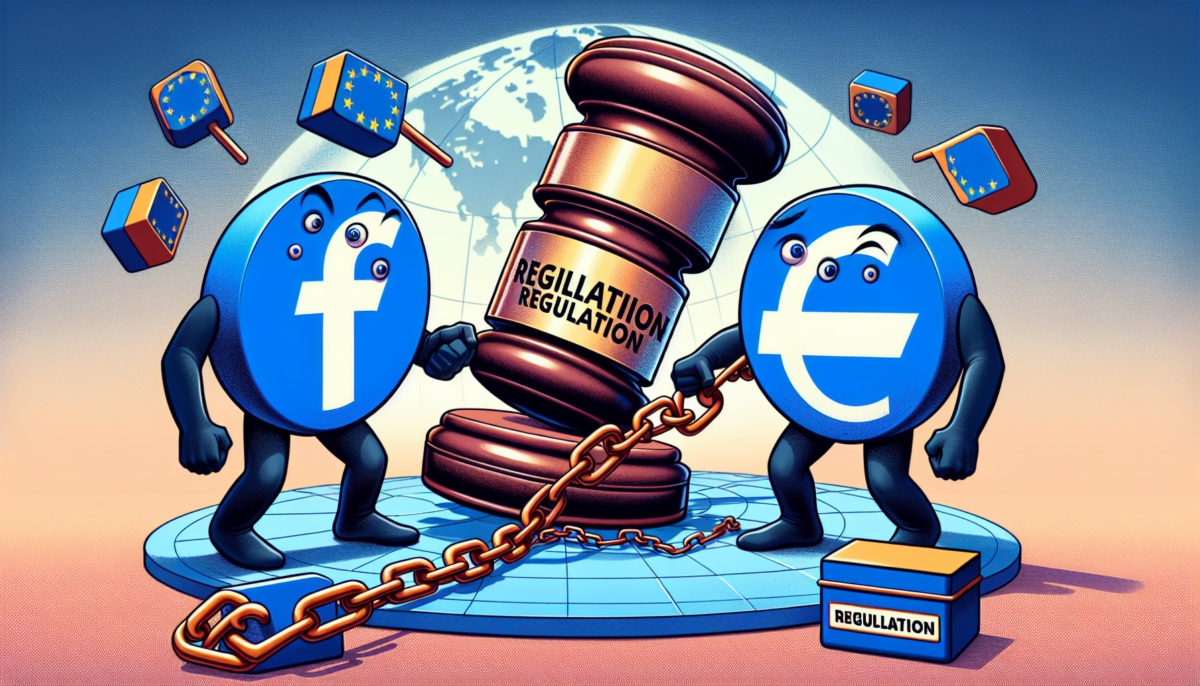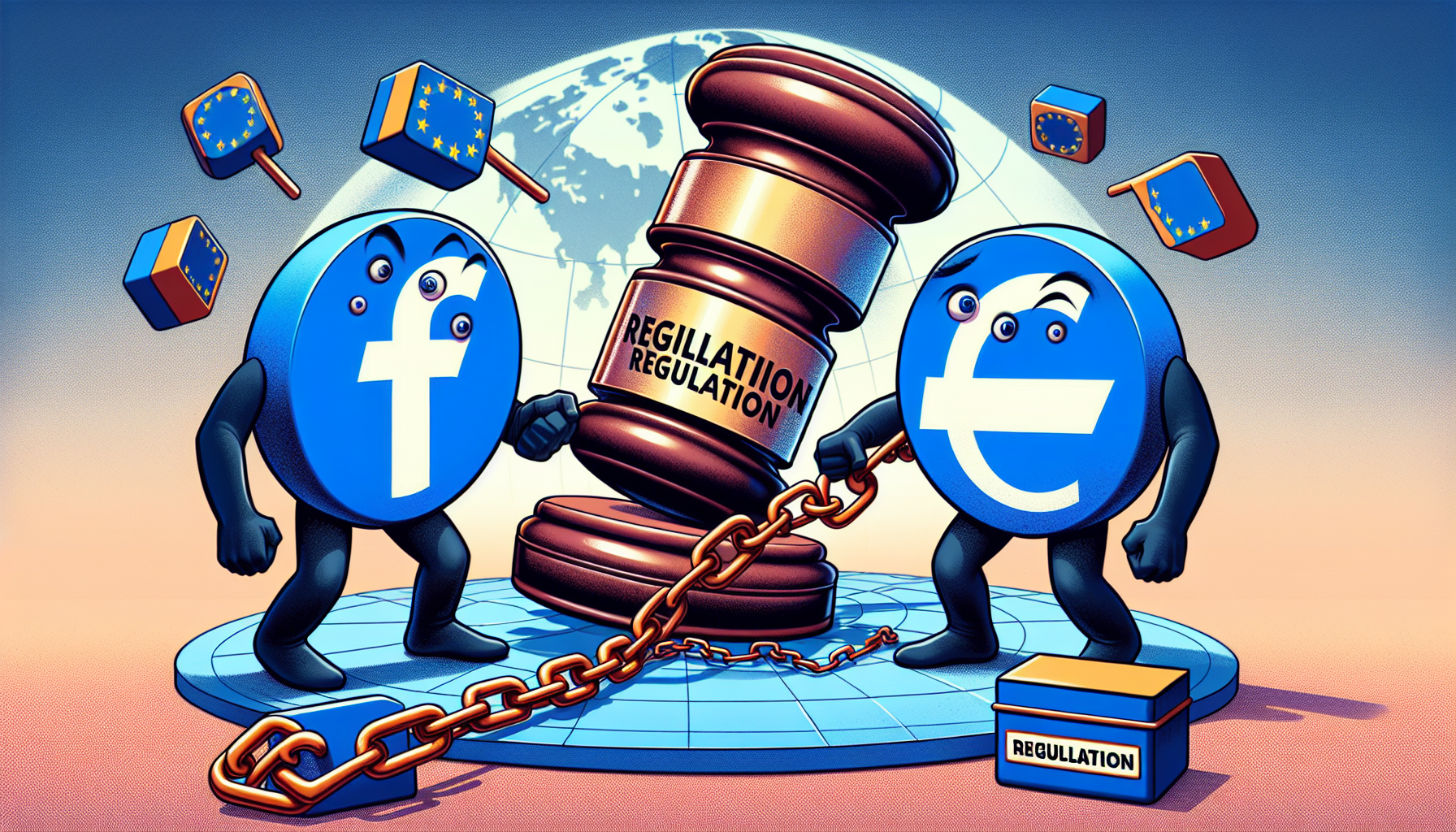Google and Apple Confront EU Regulatory Repression
We independently review everything we recommend. When you buy through our links, we may earn a commission which is paid directly to our Australia-based writers, editors, and support staff. Thank you for your support!

Fast Overview
- The EU has brought two charges against Google for violating the Digital Markets Act (DMA).
- Apple has been instructed to open its ecosystem to allow competitors to connect with iPhones and iPads.
- Google is accused of hindering app developers from advertising deals outside Google Play.
- The EU argues that Google unfairly promotes its own services like Google Flights and Google Shopping.
- Apple is required to ensure interoperability for competing smartphone and accessory manufacturers.
- Both firms face substantial fines if deemed guilty of non-compliance.
- Google and Apple contend that the EU’s rules obstruct innovation and diminish user experience.
EU Escalates Enforcement on Google and Apple

Google Charged with Violations of EU Digital Markets Act
Claims Against Google
The European Commission has filed two counts against Google for transgressions of the Digital Markets Act (DMA), highlighting concerns regarding its app store regulations and search engine methodologies. Authorities claim Google inappropriately limits app developers from directing users to outside platforms for more favorable deals, effectively confining them to Google Play.
Bias in Search Results
Furthermore, Google faces accusations of giving preferential treatment to its own services—such as Google Flights, Google Shopping, and Google Hotels—over competitive offerings in search results. The Commission stresses that this approach hinders fair competition and constrains consumer options.
Google’s Defense
In response to the allegations, Google asserts that the suggested regulatory changes could adversely affect businesses and users. The tech firm argues that modifications to its search algorithms might complicate users’ ability to locate pertinent results, potentially diminishing traffic to European enterprises.
Apple Required to Open Its Ecosystem
Interoperability Requirements
The EU has mandated Apple to permit third-party manufacturers—including smartphone, headphone, and virtual reality headset producers—to seamlessly integrate their technologies with iPhones and iPads. This action aims to promote a more equitable digital marketplace by ensuring that Apple’s devices do not receive unjust advantages over their rivals.
Apple’s Reaction
Apple has condemned the ruling, claiming it will stifle innovation and impose excessive regulatory burdens. The company argues that granting competitors direct access to its ecosystem would compel it to supply features without charge, favoring rivals unfairly.
Implications for Non-Compliance
Punishments and Investigations
Google, which has already incurred fines exceeding €8 billion ($13.7 billion) from the EU for previous antitrust infringements, may face further fines of up to 10% of its global annual revenue if convicted of violating the DMA. At the same time, Apple faces ongoing scrutiny and potential penalties if it does not adhere to the EU’s mandates.
Conclusion
Google and Apple are under intensified examination from EU authorities regarding alleged antitrust infractions. Google is accused of limiting app developers and favoring its own services in search results, while Apple is being compelled to allow interoperability with third-party devices. Both companies argue that these actions obstruct innovation and could adversely affect consumers. If found liable, they may encounter significant financial penalties and enhanced regulatory supervision.
